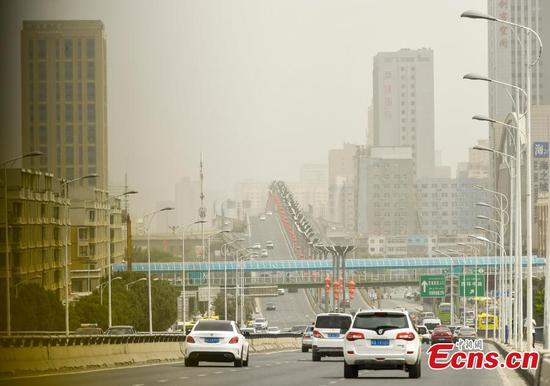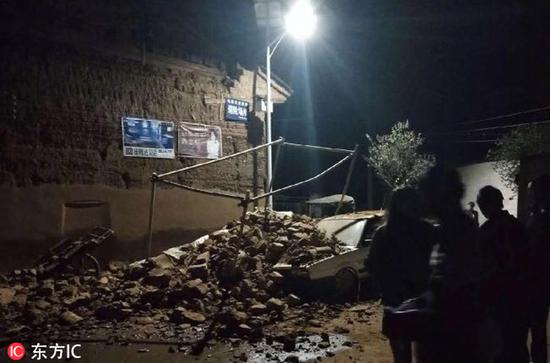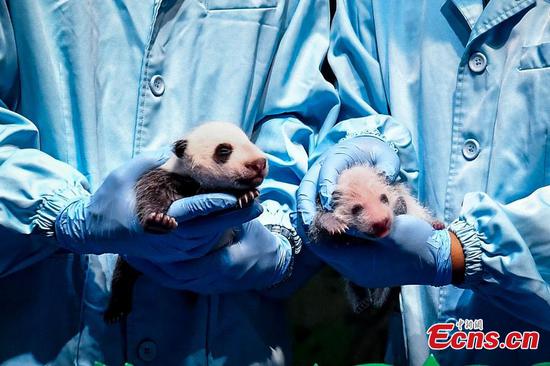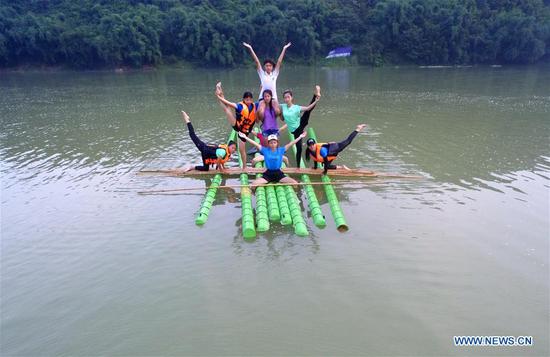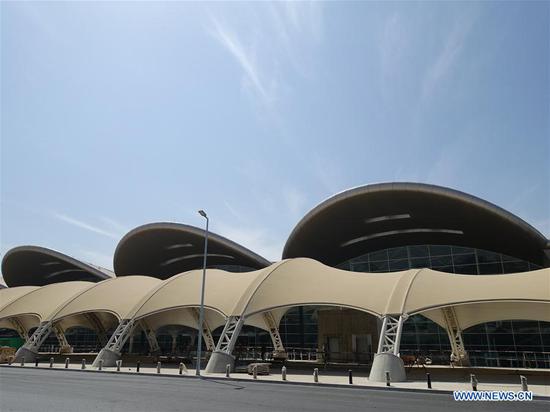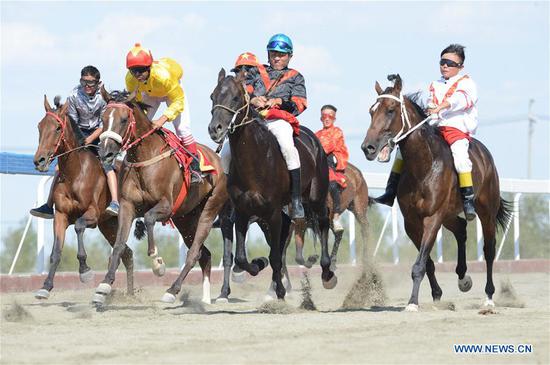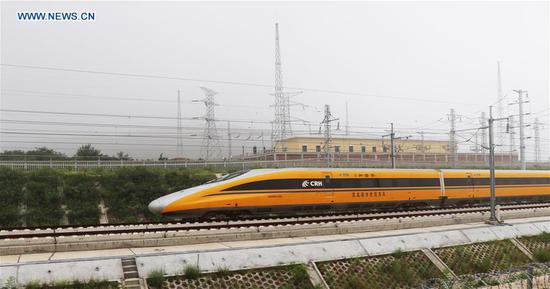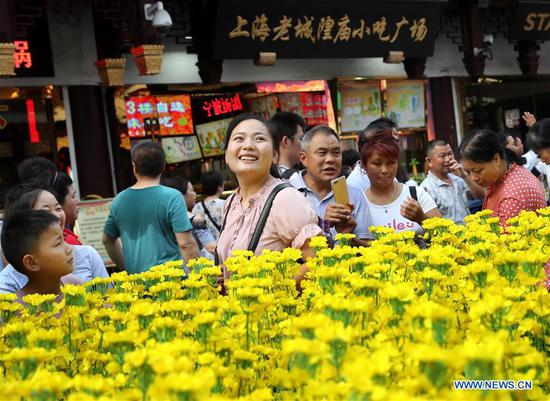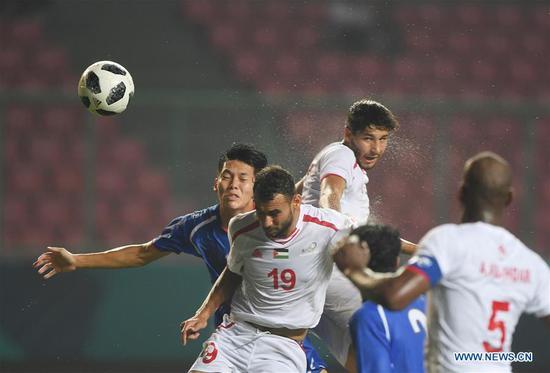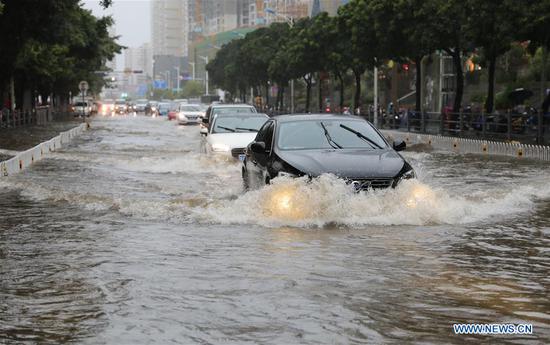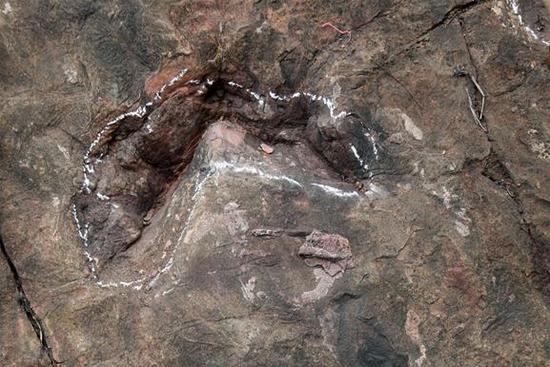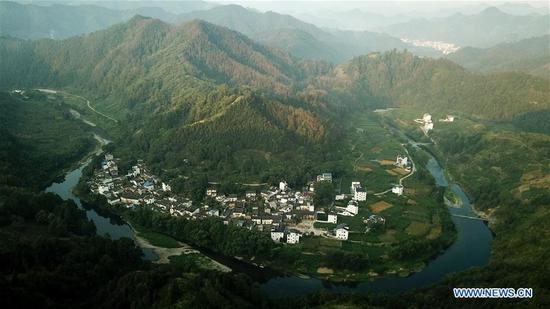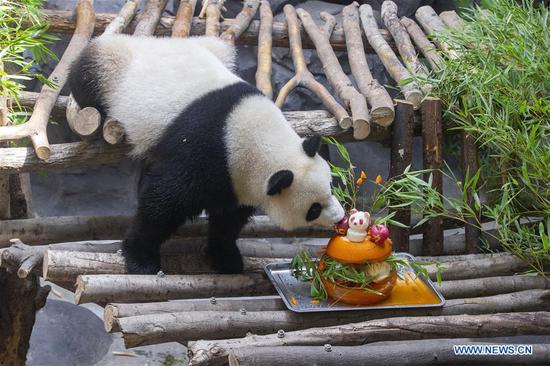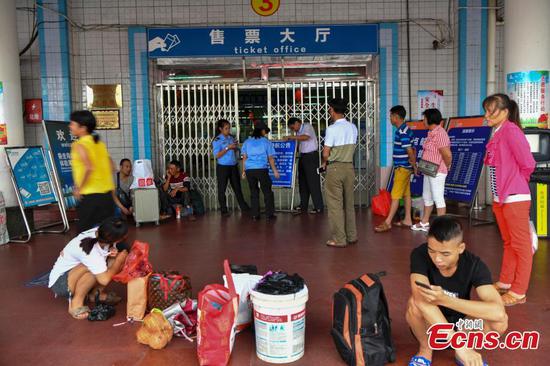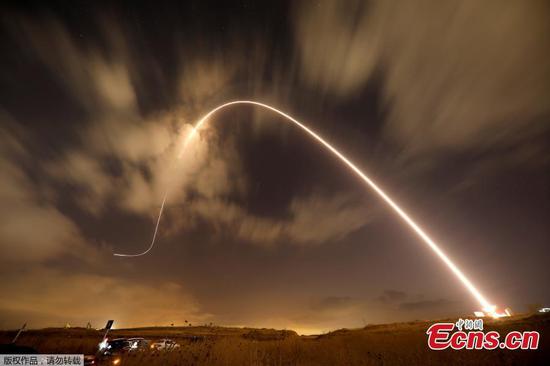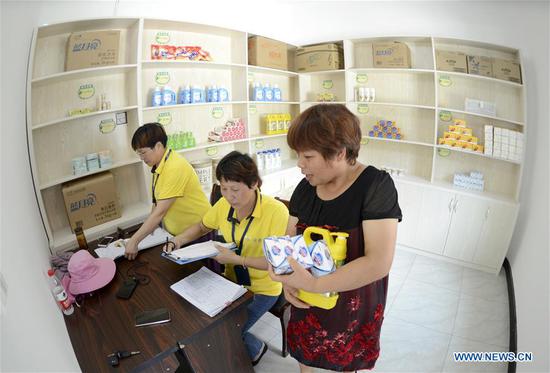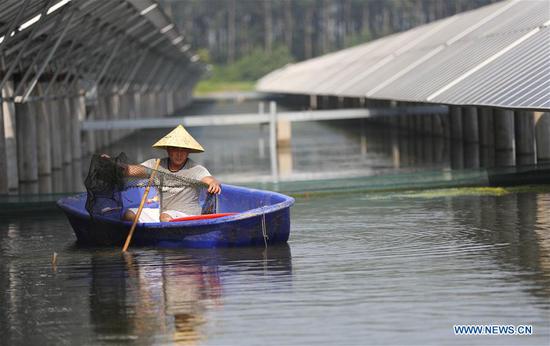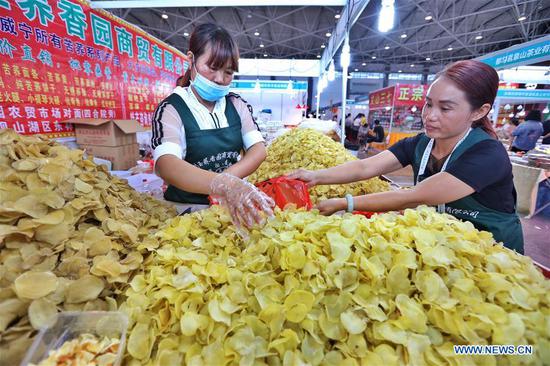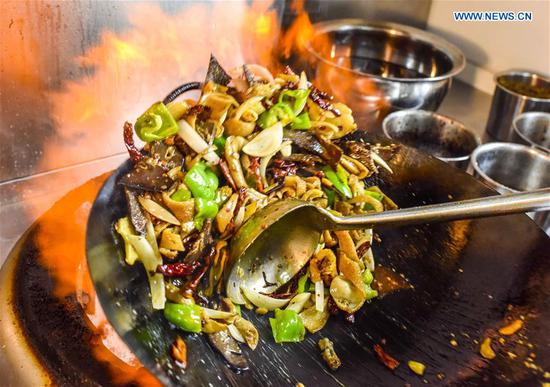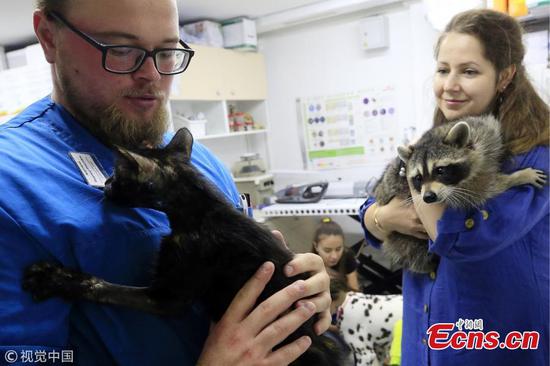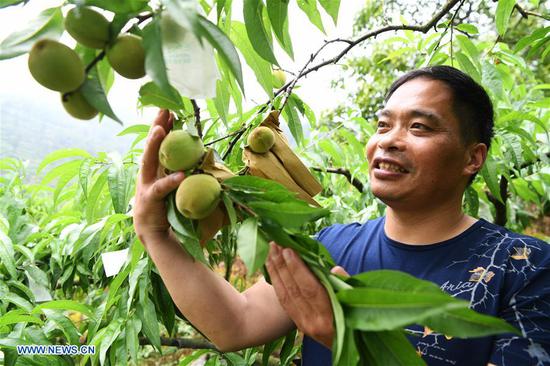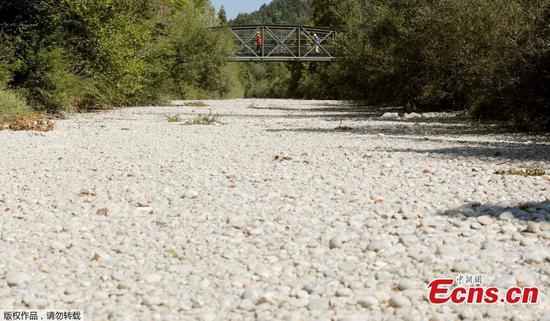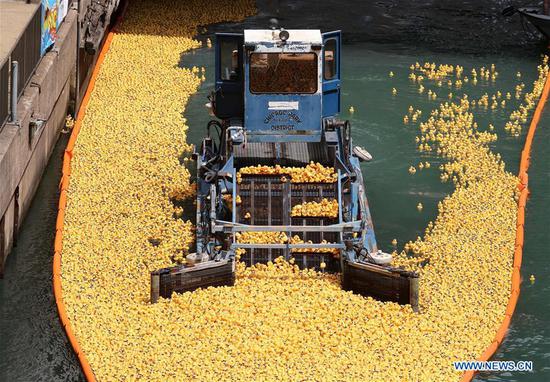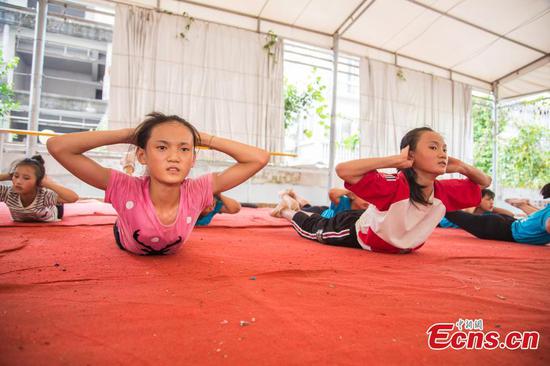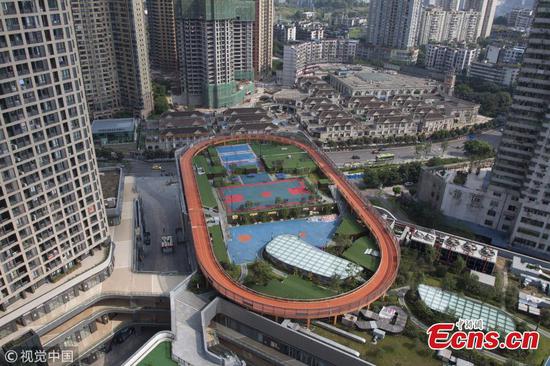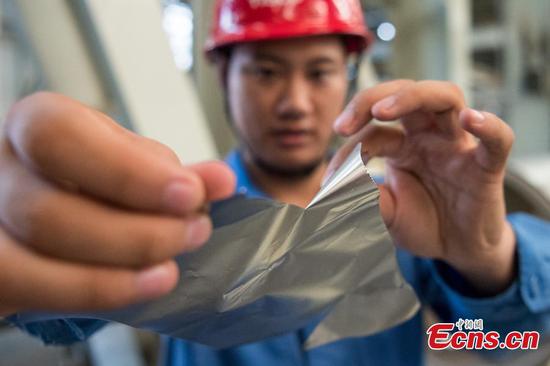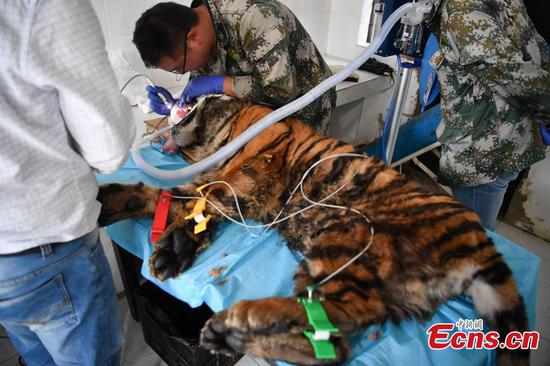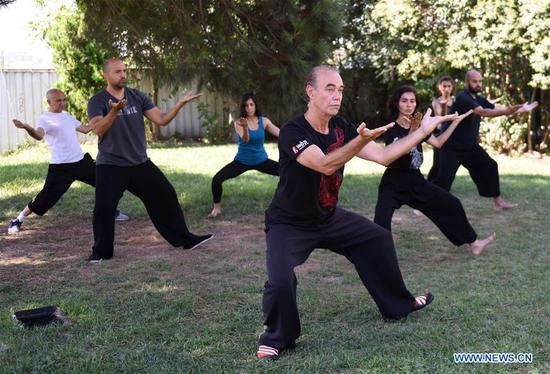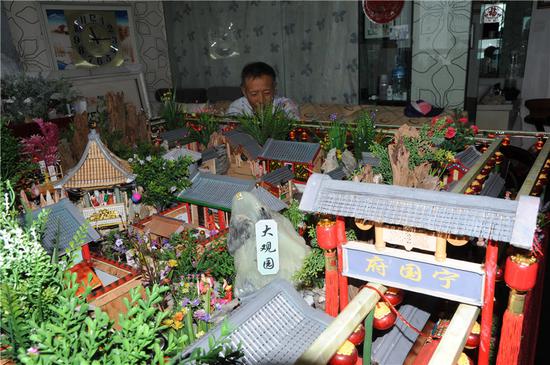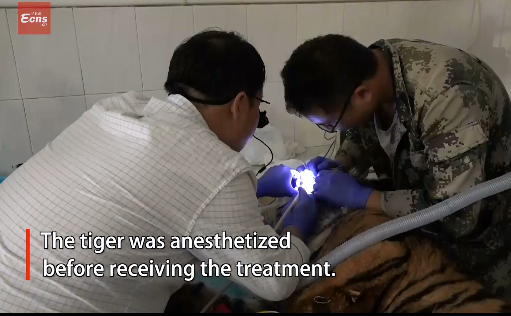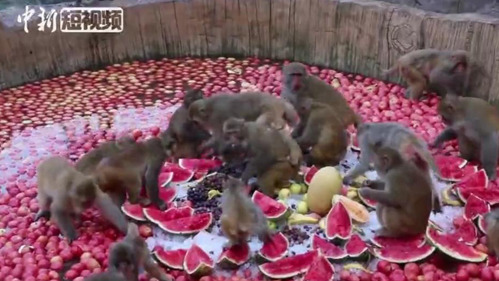Support for Japan's PM strong thanks to rebounding economy
The Liberal Democratic Party's former secretary-general Shigeru Ishiba has thrown down the gauntlet to Prime Minister Shinzo Abe for the party's leadership in an election slated for September.
Ishiba announced on Friday that he will be in the race, planning to campaign on a platform of "honesty and fairness" and promising to "regain public trust in politics", a jab at favoritism and other scandals haunting Abe.
He said Japan needs to redraw the grand design to copy with challenges such as a shrinking population, disparities between urban and rural areas, and changing security climate.
During a visit to his constituency of Yamaguchi prefecture on Saturday, Abe said he was ready to win the third term as the LDP's chief, adding that he carries much responsibility to revise the Article 9 of the country's Constitution.
He has proposed to add a reference to the country's quasi-army Self-Defense Forces while keeping intact the first clause of Article 9, which renounces war, and the second clause, which rejects Japan's possession of military power.
Ishiba is expected to appeal for removing the second clause of the article.
The LDP election, which will effectively decide who becomes prime minister, would be a two-horse race between Abe and Ishiba. The campaign will officially start on September 7.
The race will be a hard fight for Ishiba as Abe is now supported by five of the party's seven factions, or about 70 percent of the LDP parliamentary members who have rights to vote.
Ishiba will be backed by his own group, which has 20 members, and some of the 55-membered faction led by Wataru Takeshita, chairman of the LDP General Council.
Abe, who took office in December 2012, has had an unrivaled grip on power and was re-elected unopposed for a second term as LDP president in 2015. His current three-year term expires on September 30. If elected, Abe would become Japan's longest-serving prime minister. And it will be Ishiba's third time to run in an LDP leadership election.
Still, the rebounding Japanese economy could help Abe in his campaign in the election.
Job growth
Japan's economy grew at a 1.9 percent annual pace after contracting by 0.6 percent in January-March, the Cabinet Office said on Friday.
Consumers spent more thanks partly to a rise in earnings mostly fueled by strong half-year bonus payments. The 2.1 percent gain in cash earnings in the last quarter was the strongest since 1997 and job growth also remained strong.
Abe tweeted on Sunday that he wants to see his tourism-driven development strategy drive local growth. Foreign tourists visiting Japan have risen in the past five years. The number will probably hit 30 million this year.
An Asahi Shimbun poll released on August 7 showed that 32 percent of the respondents chose Abe, followed by 26 percent for Ishiba and 5 percent for Internal Affairs Minister Seiko Noda, who has not announced her intention to take part in the race.
Among LDP supporters, 59 percent selected Abe while only 20 percent chose Ishiba and 3 percent chose Noda.









